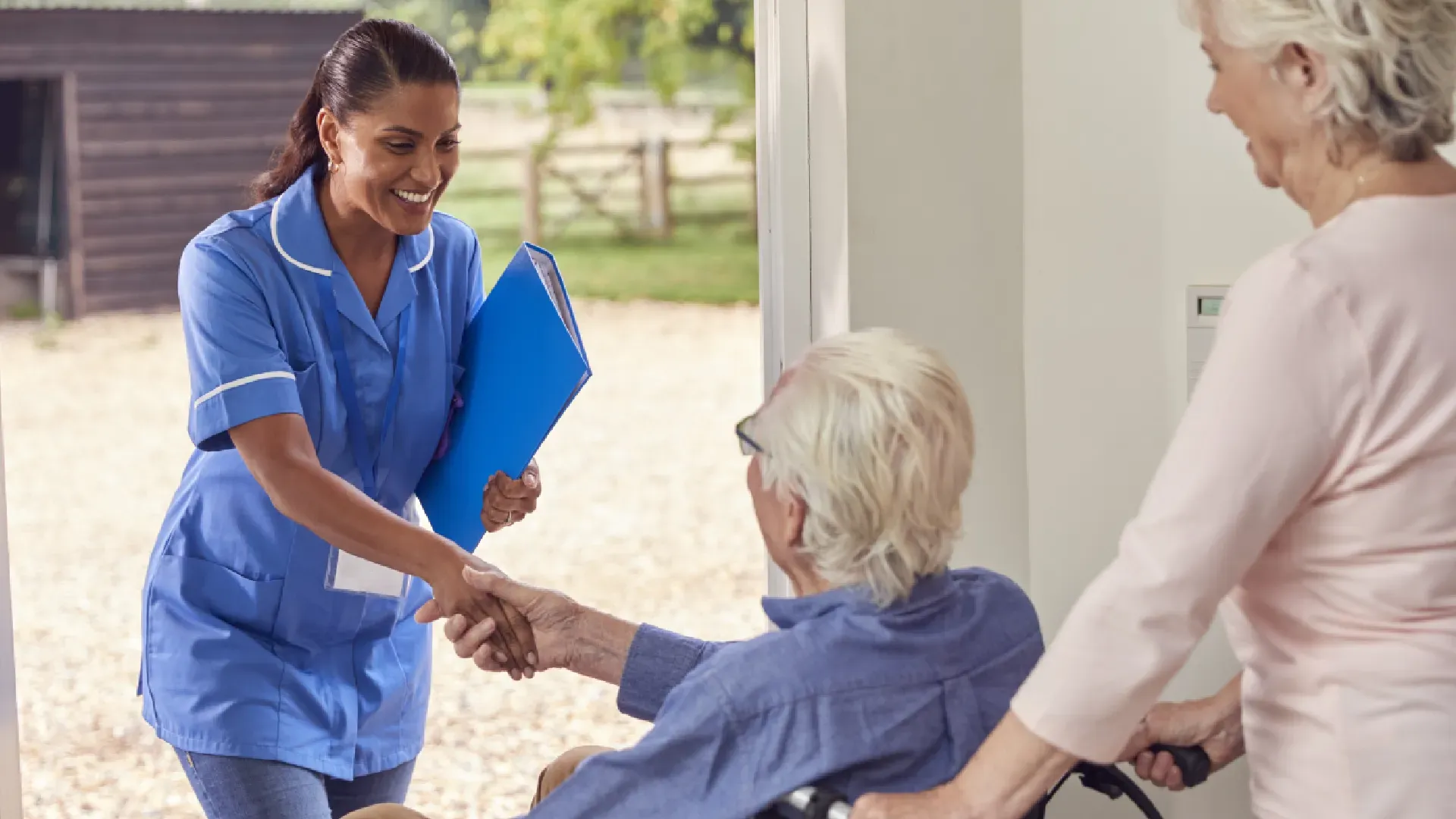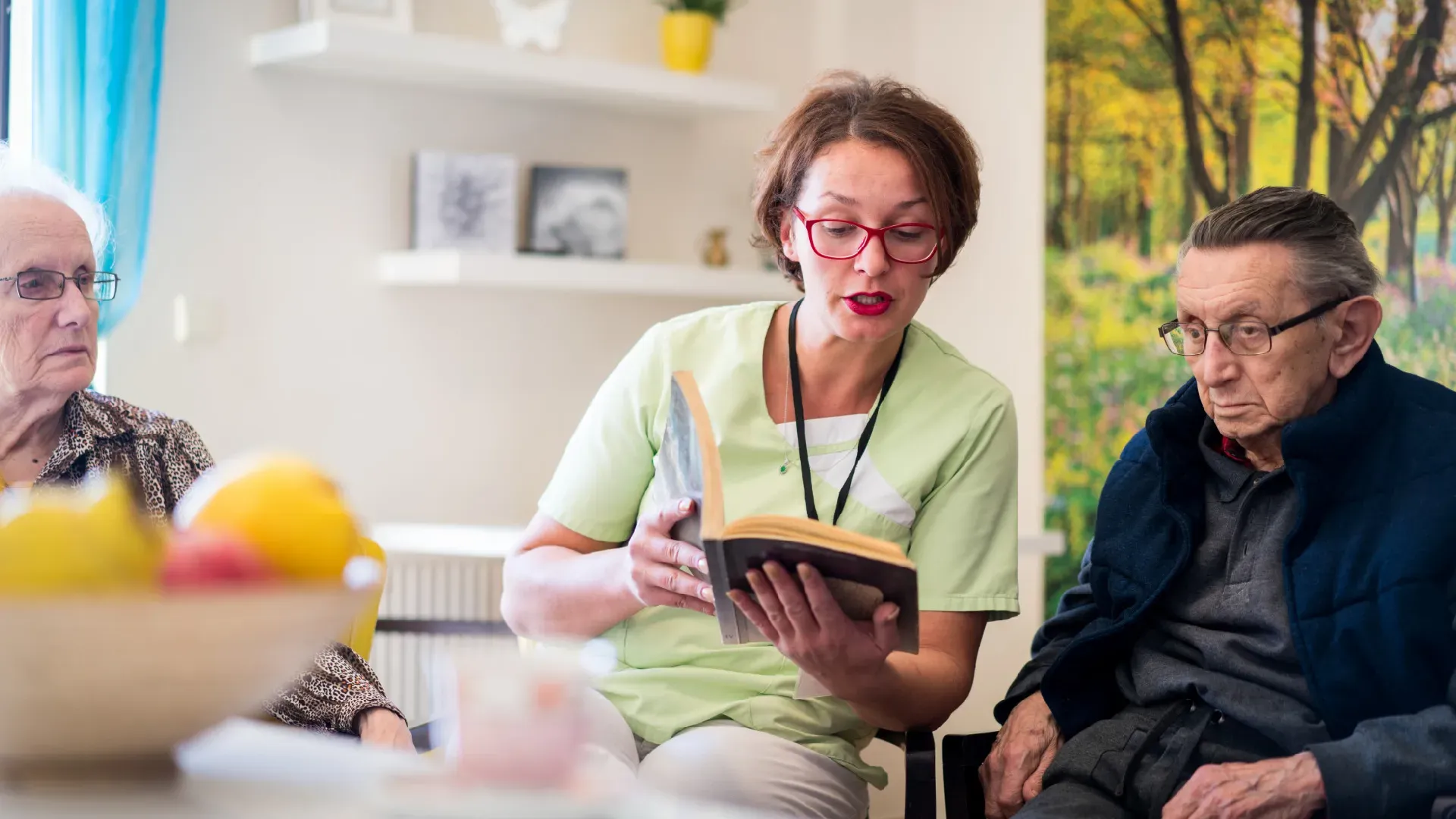The Benefits of Social Interaction and Engagement for Seniors
As we age, the importance of maintaining social connections and engaging in meaningful activities becomes increasingly evident. For seniors, social interaction isn't just about passing the time—it's a vital component of overall wellbeing. In this blog, we explore why staying socially engaged is crucial for the health, happiness, and quality of life of elderly individuals.
Why Social Interaction Matters
- Enhanced Emotional Wellbeing: Social interaction provides seniors with opportunities to connect with others, share experiences, and build relationships. These connections reduce feelings of loneliness and isolation, which are common among older adults and can contribute to depression and other mental health issues. Regular social engagement promotes a sense of belonging and emotional support, leading to increased happiness and life satisfaction.
- Improved Cognitive Function: Engaging in social activities stimulates the brain and helps maintain cognitive function. Activities such as conversations, playing games, and participating in group discussions challenge the mind and keep it sharp. Studies have shown that seniors who stay socially active experience slower rates of cognitive decline and are at a lower risk of developing conditions like dementia.
- Physical Health Benefits: Socially active seniors tend to lead more active lifestyles, participating in outings, walks, and group exercises. Physical activities associated with social engagements contribute to better cardiovascular health, improved mobility, and overall physical fitness. Additionally, staying socially connected can boost immune function and reduce the risk of chronic illnesses by promoting healthier habits and behaviours.
Psychological Benefits
- Stress Reduction: Sharing laughter, hobbies, and interests with others can provide a sense of relaxation and enjoyment. Social support systems built through regular interaction can also serve as buffers against stress and help seniors cope with life's challenges more effectively.
- Sense of Purpose and Meaning: Participating in social interactions gives seniors a sense of purpose and accomplishment. Volunteering, mentoring others, or joining community groups allows them to contribute their knowledge and skills, fostering a sense of value and significance in their lives. Meaningful social engagements reinforce self-esteem and personal identity, promoting a positive outlook on aging.
- Longevity and Quality of Life: Studies indicate that seniors who maintain active social lives tend to live longer and experience a higher quality of life. Socially connected individuals report greater life satisfaction, fewer health complications, and a more positive outlook on aging. Strong social networks provide emotional resilience and support, enhancing overall wellbeing and longevity.
Ways to Promote Social Engagement
- Joining Community Programs: Encourage seniors to participate in local community centres, senior clubs, or recreational groups that offer social activities tailored to their interests. These programs often include arts and crafts classes, book clubs, fitness sessions, and cultural outings.
- Utilising Technology: Technology can facilitate social connections for seniors who may have limited mobility or live in remote areas. Virtual platforms, social media, and video calls enable older adults to stay in touch with family, friends, and peers, fostering meaningful relationships regardless of physical distance.
- Supporting Family Involvement: Family members play a crucial role in promoting social engagement for seniors. Regular visits, phone calls, and involvement in family gatherings help maintain close relationships and provide emotional support. Encouraging intergenerational activities can also enrich seniors' social experiences and strengthen family bonds.
Conclusion
In conclusion, social interaction and engagement are fundamental to healthy aging for seniors. By fostering connections, participating in social activities, and maintaining supportive relationships, elderly individuals can enjoy numerous physical, mental, and emotional benefits. As caregivers, family members, and community members, it is essential to support and encourage seniors in staying socially active, ensuring they lead fulfilling and enriched lives in their later years.
Promoting social interaction among seniors not only enhances their wellbeing but also contributes to building vibrant and connected communities where every individual is valued and included.











